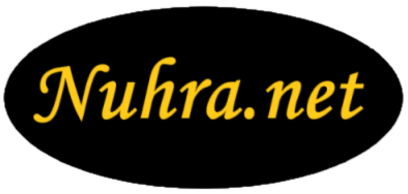Endorsements
For scholars of the sacred literature of the early centuries of the Common Era, the various versions of the Odes of Solomon – in Coptic, Syriac, and Greek – are critical witnesses to the intellectual and spiritual ferment of those times. These versions reflect the circulation and popularity of the Odes in their time, but their incomplete and divergent nature, combined with the relative scarcity of scholars who blend proficiency in the three languages of their transmission with text critical competency, have hindered scholarly and general publics from engaging with them more fully. Now for the first time Zinner and Mattison have produced a lucid English translation of the Odes in their entirety, incorporating Zinner’s plausible and convincing reconstruction of Ode 2. The Nuhra edition represents a fresh new take on an important subject of scholarship, and I am certain that it will provide a stimulus and departure point for any future discussion of this subject.
Charles Häberl
Rutgers University
Author of (with James McGrath) The Mandaean Book of John: Critical Edition, Translation, and Commentary (Berlin: de Gruyter, 2020)
The Odes of Solomon often echo traditional Jewish language and belong to the most beautiful early-Christian texts. The Nuhra translation is a very fine piece of scholarly work, and entirely remarkable. The annotations contain numerous philological advances, and Zinner’s convincing reconstruction of the text of the long-lost Ode 2 marks a significant breakthrough.
Bernhard Lang
University of Paderborn
University of Aarhus
Author of Hebrew Life and Literature (New York: Routledge, 2016)
Sprüche der Väter: Das Weisheitsbuch im Talmud [Pirkei Avot]. Reclams Universal-Bibliothek (Ditzingen: Reclam 2020)
